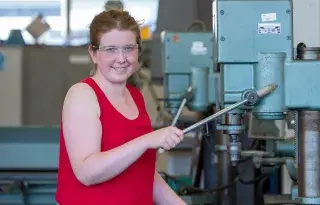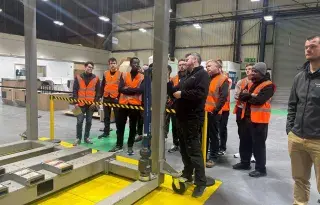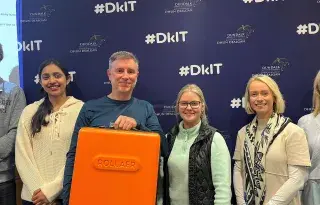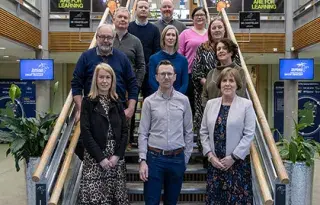BEng (Hons) in Mechanical Engineering

Search to find a different course
Course Overview
This course is aimed at students who wish to learn key skills in engineering to gain employment in the many companies in the local region and beyond. It develops both the technical and professional skills required to become a successful mechanical engineer, such as problem-solving abilities in CAD, machine and product design, analysis, energy and heat transfer, mechanics, and manufacturing.
Core themes across the course are maths skills, health and safety, data analysis, environmental awareness, sustainability, and management. The course features a work placement in Year 3 to allow students to immerse themselves in an industrial setting before graduation.
What makes this course different
Annual Careers Fair
There is a dedicated Engineering careers fair at DkIT each year with over 30 companies seeking graduates. Graduates are very well received by local industry, with most Year 4 students securing employment before the end of their studies.
100% Graduates Employed
100% of graduates are in full-time employment after 6 months of graduating, and 100% of graduates said their degree was essential or an advantage for that job role (DkIT/ HEA graduate survey).
Work Placement
In Year 3 students undertake a minimum 13-week industry work placement where they gain important contacts within the industry to help them in their future careers. Many of our graduates go back to those companies on completion of their degrees. Employers include; Mercury Engineering, Jones Engineering, Cargotec, Megalift, TSM Controls, Great Northern Distillery, and M&L Manufacturing.
Understanding the Industry
Mechanical Engineers are essential to every sector and are in huge demand by local and national industry for their problem-solving skills and versatility. Industries include product design and research, aerospace, energy, transport and materials handling, renewable systems, pharmaceuticals, food processing and the Agri-machine sector.
Career Opportunities
Demand for graduates in a wide range of engineering industries has been strong with many having job offers from both local and national companies shortly after sitting final exams including: Combilift Ltd, Intel, Cargotec, XOcean, Suretank Ltd., Glen Dimplex, Kingspan Group, Xtratherm, MultiHog
Future Careers:
- Mechanical engineer
- CAD Design engineer
- Manufacturing/process engineer
- Automotive engineer
- Aerospace engineer
- Maintenance systems engineer
In these areas:
- Machine design and manufacturing
- Automation systems
- Facilities systems design
- Vehicle engineering
- Renewable energy
- Robotics
Graduates work at
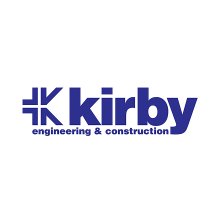
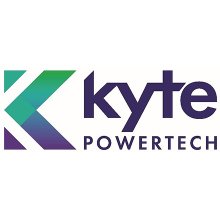
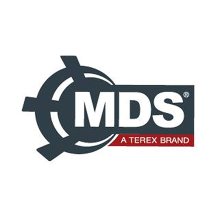
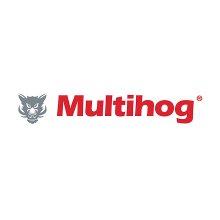

Course Delivery and Modules
Course modules are a mixture of theoretical (e.g. mechanics, fluids, heat, mathematics) and practical (e.g. materials, manufacturing and computer-aided design).
Added to this is a range of modules that allow the graduate to apply their technical knowledge to an employment setting (e.g. management, computers and project work). A significant feature of the course is the emphasis on knowledge as applied to the industrial setting and a focus on employability skills in Year 3. This assists graduates to match themselves and their skills to a suitable employer and career.
The curriculum described below is valid for academic year 2025-26 only
Semester 1
- Computing for Engineering
- Engineering Science
- Materials Science
- Engineering Mathematics 1
- Statics
- Engineering Professional Practice 1
Semester 2
- Engineering CAD
- Electrical & Electronic Principles
- Dynamics
- Engineering Mathematics 2
- Engineering Professional Practice 2
Semester 1
- Electrical Automation Technology
- Engineering mathematics 3
- Materials Technology
- Fluid Mechanics
- Mechanical Engineering Design
- Mechanics 3
Semester 2
- Engineering design project
- Engineering Mathematics 4
- Sustainable Manufacturing
- Mechanical Automation Technology
- Thermodynamics
- Mechanics 4
Semester 1
- Automation & Control
- Design project and professional skills
- Engineering Management
- Statistics and probability using R
- Thermofluids
- Mechanics 5
Semester 2
- Health and safety and planning in the work place
- Work placement mechanical level 8
Semester 1
- Advanced Manufacturing Engineering
- Applications of fluid mechanics and heat transfer 1
- Energy Management
- Entrepreneurship & Innovation for Sustainability
- Final Year Project 1
- Mechanical Design (2025-26 only)
Semester 2
- Programming for quality and reliability
- Applications of fluid mechanics and heat transfer 2
- Final year project 2
- Innovation management
- Materials, resources and the environment
- Numerical methods and programming
Work placement
In Year 3 students undertake a minimum 13-week industry work placement where they gain important contacts within the industry to help them in their future careers. Many of our graduates go back to those companies on completion of their degrees. Employers include; Mercury Engineering, Jones Engineering, Cargotec, Megalift, TSM Controls, Great Northern Distillery, and M&L Manufacturing.
Education Progression
MEng in Mechanical Engineering
MSc in Renewable Energy Systems
Fees and Funding
Please find information on fees and funding here.
Entry requirements
In addition to the standard entry requirements below, Maths Grade H6 or O2 is also required for Leaving Certificate or QQI applicants. A Merit in QQI Maths for STEM NFQ (5N0556) will also meet this specific Mathematics entry requirement.
Applicants from NI/UK require a GCSE Maths Grade 8/A or AS Level Grade C or A Level Grade D.
- Standard Requirements for Leaving Certificate Applicants
- Standard Requirements for UK/NI Applicants
- Standard Requirements for QQI-Further Education Applicants
Additional Maths Entry Exam at DkIT:
If you have not met the maths entry requirements for this course (but you have met the basic maths entry requirement for a level 8 course at DkIT), you have a second chance at meeting these additional Maths Entry Requirements by sitting the DkIT additional Maths Entry Examination, held in August of each year. More details about the maths entry exam.
Recent CAO points
How to apply
Apply on CAO
All standard entry first-year applicants must apply for entry through the CAO. See Important application dates for CAO and information for specific applicant types below:
Advanced Entry & Transfer Applications
Advanced Entry is for applicants who have previous educational achievements and/or work experience and want to be considered for direct entry into year 2, 3, or 4 of a course. This includes students looking to transfer to DkIT from another Higher Education provider.
International Application (non-EU)
International Applicants (not from or living in the EU) can apply through an agent or directly to DkIT to study this course.
Ask us a Question
If you have a question about the BEng (Hons) in Mechanical Engineering please ask it below and we will get back to you.
Course News
View all NewsDisclaimer: All module titles are subject to change and for indicative purposes only. All courses are delivered subject to demand and timetables are subject to change. Elective Module options will only run subject to student numbers. The relevant Department will determine the viability of each elective module option proceeding depending on the number of students who choose that option. Students will be offered alternative elective modules on their programme should their preferred elective option not be proceeding. Award Options for Common Entry Programmes: The relevant Department will determine the viability of each award option proceeding depending on the number of students who choose either option. If the numbers for one of the Award options exceed available places, students for this option will be selected based on Academic Merit (highest grades).
